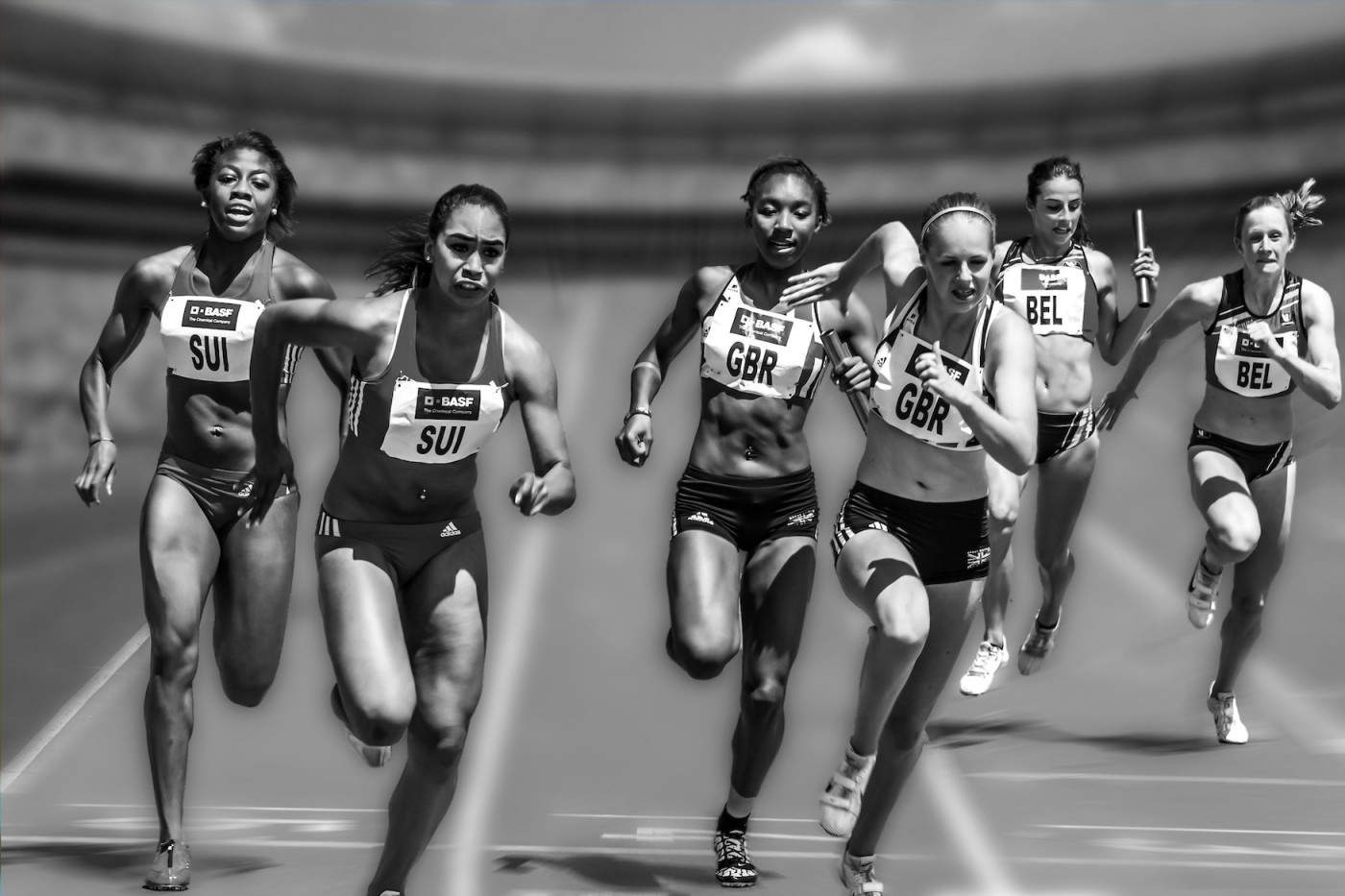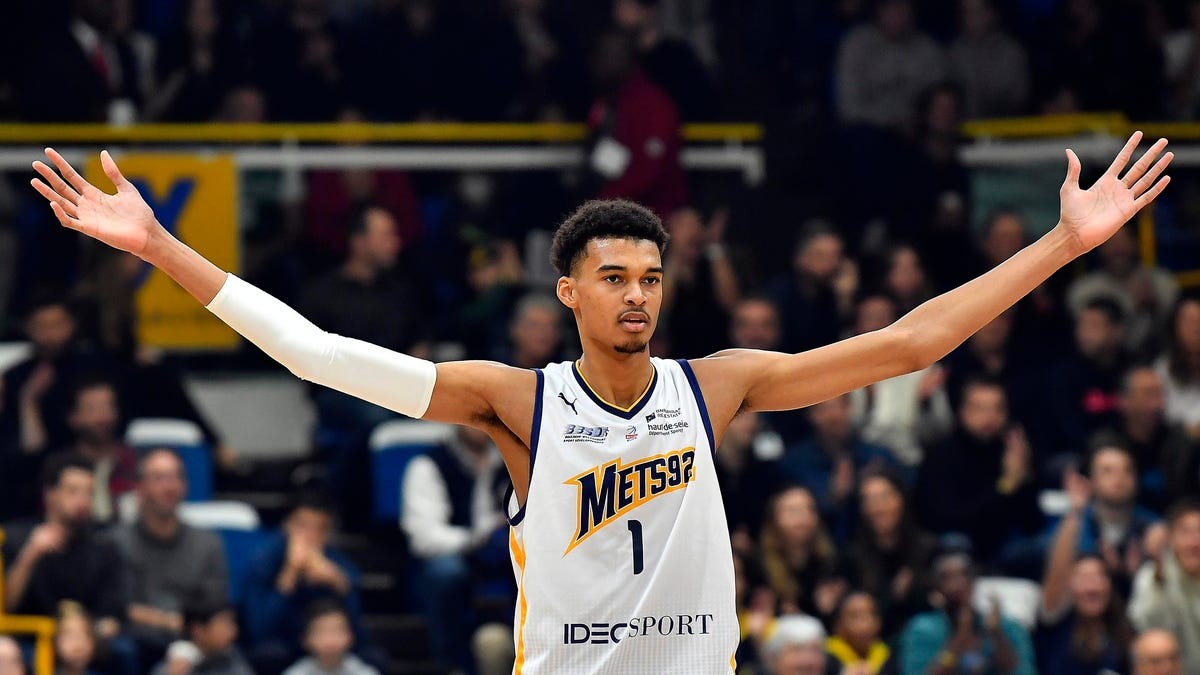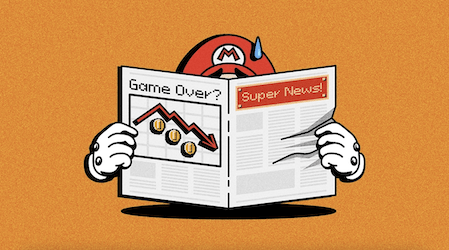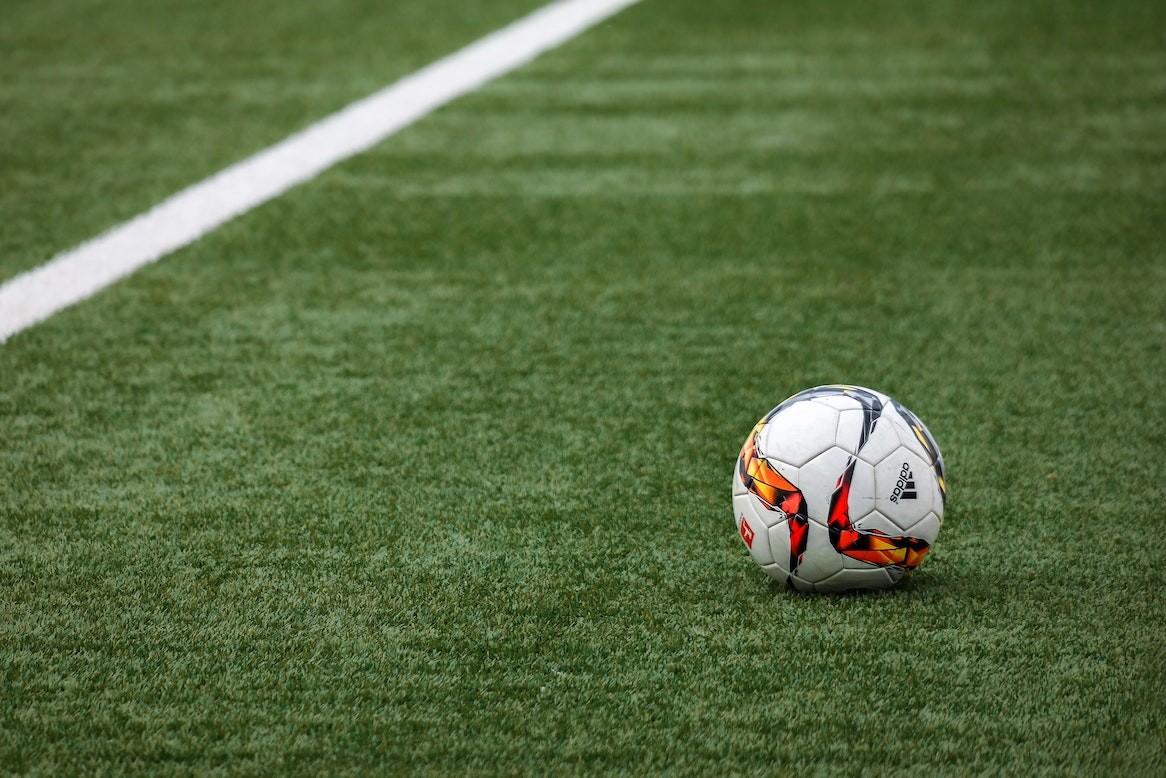A UK sports marketing agency point of view on industry trends in 2023
As a UK sports marketing agency, we are always keeping a close eye on the latest industry trends and developments. Our insight is based on a combination of our client’s priorities, the problems we are being asked to help prospective clients solve, and wider relevant societal and technological changes. In 2023, we expect to see a number of new ways that sports marketing is approached and executed.
Six key sports industry trends in 2023

1. The development of data strategies and prioritisation of first-party data by rights holders
The use of data and technology is expected to continue to grow in importance. Whilst the sports industry has talked about the importance of first-party for a number of years, few have really understood what that means and the power/danger of having/not capturing it, and even fewer have done anything about it with clear objectives in mind.
With the rise of big data and advanced analytics tools spawning SportsTech firms (and companies servicing the broader market but have the sports industry as a market vertical), 2023 will finally see them getting traction with sports teams, leagues, federations and brands. This will result in access to more information than ever before about fan bases and broader audiences, enabling them to make create new commercial propositions, better service existing business partners, and make more informed marketing decisions. Expertise from outside the existing sports industry pool of talent will be needed to properly take advantage of this trend, however.

2. Creation of new direct-to-consumer (D2C) propositions
Rights holders’ usual approach each year is to try and get more blood from the stone that is the traditional set of sports industry revenue streams e.g. media rights, sponsorship, advertising, ticketing, merchandise, licensing, hospitality, food and beverage, events etc. This often isn’t the fault of the people doing the squeezing, but senior leadership who aren’t willing to invest in testing new propositions knowing some will fail and need to be written off.
However, a combination of there being little if anything left to wring and bigger revenue requirements, has finally forced rights holders’ hands to innovate. We’re not talking about short-term thinking that involves jumping on the latest trend (be that esports, gaming, social tokens, NFT collections etc) to make money though, we’re talking about properly researched and strategically thought-through propositions that look at fans holistically as consumers beyond sport and monetise them away from that. Instead, the rights holder relationship is leant on as a means to be trusted, engaged and transacted with, within a new D2C proposition that aligns with the brand. An example of this outside of sports is British Gas’s creation and investment in Heata, a cloud compute network that sells computing power to monetise as harnesses the excess heat the servers generate to heat people’s homes for free.
Expect to hear the term ‘venture builder‘ more often in 2023 as the industry, again, looks to outside expertise to drag it forward as new propositions are tested and learnt from, and either iterated or written off until the right solution arrives. This will be a slow burner given the industry’s reluctance to invest with an assured return, its aversion to risk, and its short-termism. We expect to see one or two do it well and the rest look to copy.

3. Greater focus on sustainability and social responsibility
As consumers become more conscious of their impact on the environment, partner brands ask evermore questions of rights holders as to their position and policies.
Whilst we have seen the ‘quick wins’ of initiatives like reducing the use of plastic at stadiums, investing in renewable energy, or supporting charitable causes, 2023 will see rights holders make a greater effort to be seen as environmentally friendly and socially responsible. The building and launching of proper strategies, policies, and programmes will kick on in 2023 as outside expertise is brought into the industry.

4. AI technologies will play a greater role across commercial and marketing activities
Whilst ChatGPT and its potential uses may currently be grabbing the headlines, AI technologies are likely to only increase in prevalence. If there is an activity that generates outputs of how humans do something and that has reliable, comprehensive, none manually entered, high-volume data, it is ripe for AI technologies to be used to help understand it and predict best future actions.
Example uses could include:
- AI-powered chatbots can be used to provide personalised customer service and answer fan questions
- AI can be used to analyze social media data and understand fan sentiment, which can help teams and sponsors create targeted marketing campaigns
- AI-powered systems can generate written and video content, such as game highlights and recaps, which can be used to engage fans and drive viewership
- AI-powered systems can be used to create more immersive and interactive fan experiences, such as virtual tours of stadiums and augmented reality broadcasts of games
- AI-driven optimization of ticket pricing

5. Women’s sports will continue to grow across all areas
The increased exposure women’s sport and athletes have got from the likes of the BBC and Sky has increased reach and encouraged broader investment e.g. a greater number of sponsor brands and an increase in the amount spent. Additionally, the creation of major events and professionalization of some women’s sports has provided further platforms for expanded reach.
The Lionesses Uefa Women’s Euro 2022 victory will be a major catalyst for further growth in women’s sports. It offered a high-profile opportunity for new and existing fans to engage and the England team’s success has created new heroes and brought wider recognition to a broader set of female athletes. It no doubt helped open the door for Jill Scott to get on to I’m a Celebrity Get Me Out of Here, and her crowning as Queen of the Jungle will only have helped broaden the appeal of women athletes and sports.
It’s not all about football though, the inaugural Tour de France Femmes was in 2022, the Women’s Rugby League World Cup was brought together under the umbrella of a summer of international rugby league competitions, and the Women’s Cricket and Rugby World Cups were both held in New Zealand. All of this helped provide sustained exposure for women’s sports, which will only add to momentum into 2023.

6. Athlete’s outside the US will invest money and their platforms into businesses and causes they believe in
US athletes have been at the forefront of investing their earnings, influence, intellectual property, and time into businesses and causes they believe in for a number of years now. Indeed a number have made more money, and become more famous, for the investments they’ve made than their on-field performances.
This has spawned a number of companies and funds created specifically to support them in this endeavour (e.g. Serena Williams has Serena Ventures and LeBron James, LRMR Ventures), a trend we are seeing early signs of in the UK where athletes are both creating their own investment vehicles and working with third parties. Sir Andy Murray reportedly has invested in over 25 start-ups, many impact-driven that align with his design to make a positive impact on society.
This offers an interesting opportunity for early-stage and scaling businesses that may not have been able to afford celebrity endorsement before via traditional marketing routes (e.g. sponsorship), or indeed help with R&D, to benefit by trading equity. It also offers the opportunity to tell a more authentic and stronger narrative of partnership. Although it’s not without its risks as company perception is likely to be more heavily influenced by that of the athlete(s) it is associated with, given the smaller size of companies involved.
And it’s not just the athletes, rights holders have venture arms too. This isn’t just a financial investment, but one into companies that can help the business optimise an area of its operations too. Examples include NBA Equity, 76ers Innovation Lab, and Arsenal FC. Southampton FC has also recently launched its ‘Future of Football’ innovation challenge aimed at Web 3 businesses.
All in all, 2023 is shaping up to be an exciting year for the sports marketing industry, with lots of opportunities for innovation and growth. As a UK sports marketing agency, we are looking forward to helping our clients stay ahead of the curve and make the most of these trends.
Looking for a UK sports marketing agency?
If you’re looking for advice from a UK sports marketing agency, Strive Sponsorship can help. Contact us for sponsorship, commercial, content, media, operations, investment, and communications consultancy services.
Frequently asked questions
What does a UK sports marketing agency do?
A UK sports marketing agency, such as Strive Sponsorship, helps companies and organisations to promote their brand, products, and/or services through the use of sports and athletes. This can include creating and executing marketing campaigns, securing sponsorships, and organising events and promotions. They may also assist with athlete endorsements, licensing and merchandising, and public relations.
How much does a UK sports marketing team cost?
The cost of hiring a sports marketing team in the UK, like Strive Sponsorship, can vary greatly depending on the specific services and level of experience offered by the agency, as well as the length of engagement committed to by the client (there are economies of scale).
Strive Sponsorship like other UK sports marketing agencies, charges a retainer fee for ongoing services, a project fee for a defined scope of work, or a day rate if the requirement is more fluid. It’s difficult to give an average cost as it would vary greatly based on project types, but it’s safe to say that it can range from a few thousand to hundreds of thousands of pounds per year.
Is it worth it to hire a sports marketing agency?
Whether it is worth it to hire a sports marketing agency depends on the specific needs and goals of the company. If a company is looking to increase its visibility and perception through the use of sports and athletes, then a sports marketing agency like Strive Sponsorship can be a valuable resource. They have the expertise, experience, and network to create and execute effective marketing campaigns, and can often secure sponsorships and partnerships that would be difficult for a company to secure on its own without market knowledge.
However, it also depends on the company’s budget and the agency’s reputation and experience. It’s important for the company to research and carefully consider the costs and potential benefits of working with a sports marketing agency before making a decision. It’s also worth it to consider if the company has the resources and capabilities to do the job in-house, or if it makes more sense to outsource to an agency.













